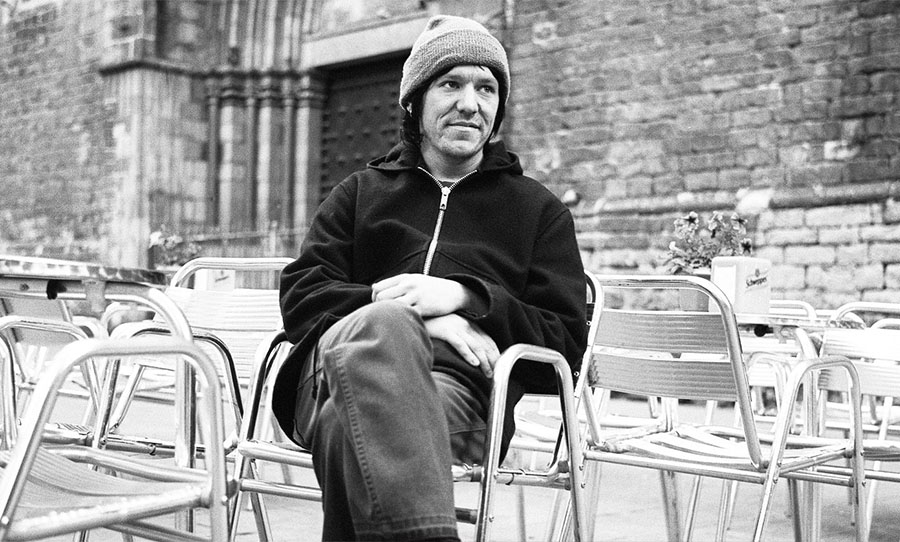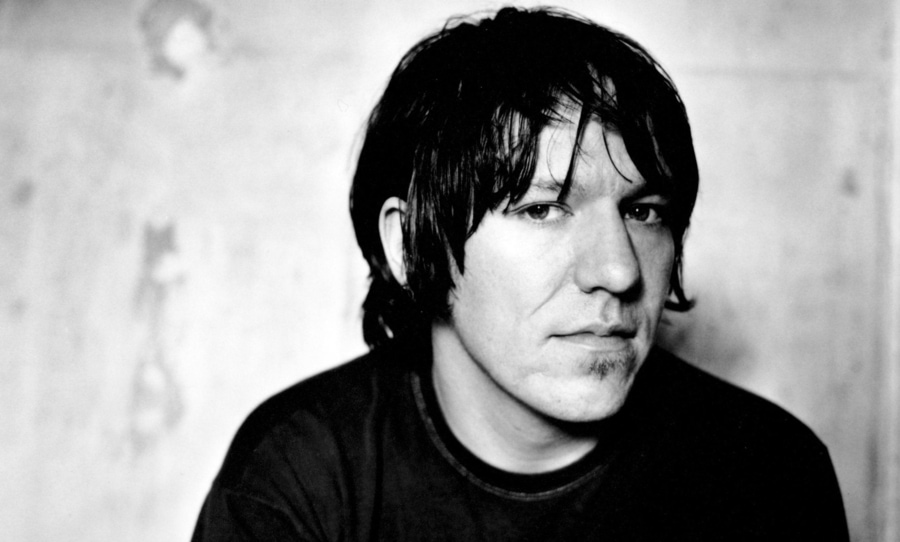The way that we choose to remember Elliott Smith says as much about us as individuals as it does about him. His life was full of contradictions and difficult crossroads that were mirrored in his creative output.
Depending on who you ask, he was either a tortured genius, a depressed sad-sack, an addict, a virtuoso musician, or a gentle and generous soul. The truth is, in all likelihood, a great deal more subtle and all encompassing.
Rather interestingly, it often seems that one’s favourite Elliott Smith album is tied to which overarching narrative one subscribes to the most.

Often characterised as a doomed artist due to his mysterious and tragic death, it’s almost impossible to separate Elliott Smith’s legacy from his personal life, and the associated weight of mythology.
His first two albums, Roman Candle and Elliott Smith, are most connected to the hushed and intimate character of his songs. The musicality on display is understated and minimal, bringing into focus his devastating brand of confessional lyrics.
Either/Or marked the beginning of Smith’s brief encounter with the pageantry of mainstream success, in part due the Oscar nomination that he received for his work appearing in the Gus Van Sant film Good Will Hunting. Despite this, the album is lionised and most fondly remembered by the indie community that it was originally embraced by.
From A Basement On The Hill fits most neatly with the narrative of a tortured genius due to its experimental inclinations, deeply troubled subject matter and the fact that it remained unfinished at the time of Smith’s death.
XO, on the other hand, is a bit more difficult to pin down. Despite being his major label debut, it didn’t sell as well as its predecessor Either/Or, or receive the same level of media coverage.
At the time of release, some took exception to the more polished production and the introduction of ‘adult contemporary’ elements, such as horn and string arrangements. What wasn’t focused on as much was just how damn good the songwriting was.
XO demonstrated that Smith could transcend the limitations others had subconsciously placed on him as a poster boy for lo-fi folk. It was the moment that he proved what he had been saying all along; he was a pop artist first and foremost.
The influence of The Beatles, George Harrison in particular, is there for all to hear. The emphasis on strong melodies, repetition, and clever transitions make XO extremely easy to fall in love with.
A song like Waltz #2 is the perfect starting point for anyone that hasn’t yet delved into Smith’s discography. It tempers his self loathing and trademark acidity with the kind of delicate, measured instrumentation that welcomes a more casual listening experience.
This is the crux of what makes XO such a conundrum. It’s quite possibly the best collection of songs that Smith ever released – from beginning to end it’s an engaging record that’s undeniable in its craft and guile. However in elevating his songwriting, he placed an obstacle between himself and his audience.
There isn’t a track on XO that hits you with the same crippling force as The Biggest Lie, Say Yes, Needle In The Hay, or King’s Crossing. XO is in many ways the best album of Elliott Smith’s career, certainly it’s his most immediately gratifying… it just doesn’t happen to have any of his most iconic songs on it.

